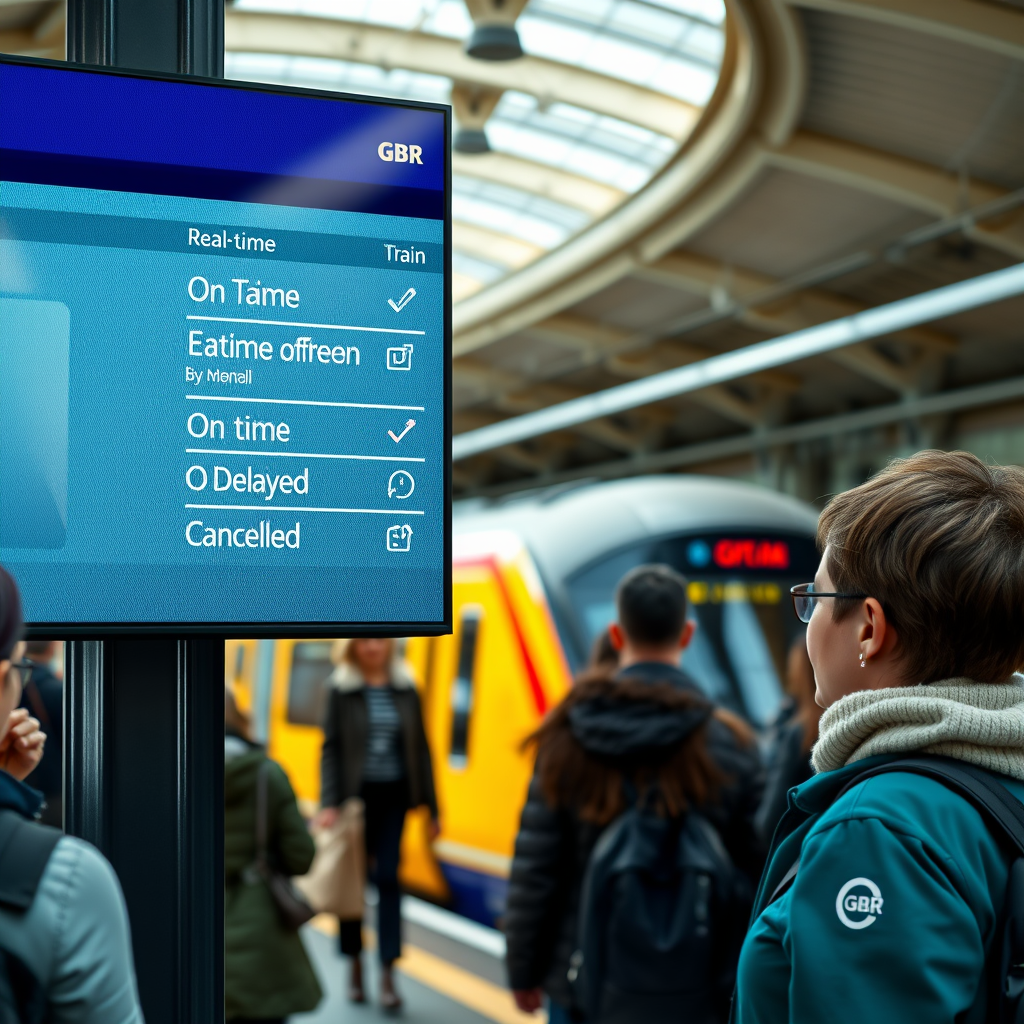Alstom Completes Sale of North American Signals Business to Knorr-Bremse
Alstom has finalized the sale of its North American conventional signaling business to Knorr-Bremse for $690 million, marking the last step in its 2023 company action plan aimed at strengthening its balance sheet.

The completion follows an initial binding agreement signed in April 2024 and represents Knorr-Bremse’s first entry into the North American signaling market as part of its BOOST 2026 strategy.
Knorr-Bremse CEO Marc Llistosella stated, “Our entry into the North American signaling market exemplifies Knorr-Bremse’s drive to create greater value by expanding our portfolio into new, promising business areas.”
The acquisition includes all products, services, and manufacturing operations of Alstom Signaling North America, along with the transfer of 800 employees to KB Signalling, Knorr-Bremse’s new signaling business unit.
The German company indicated that the new business is “already well positioned” in the signaling market and will further enhance this position by integrating Knorr-Bremse’s existing European activities and offering new Control, Command, and Signaling solutions.
Nicolas Lange, an executive board member responsible for Knorr-Bremse’s rail division, mentioned that entering the North American market is a “logical step” in the company’s growth plans.
He remarked, “The signaling business is suitably profitable, holds a high share of the service segment as a long-term revenue driver, and presents significant opportunities for further development—especially in digitalization, internationalization, and market expansion.”
While Alstom has fully exited its former business, the company will continue operating in certain segments of the North American signaling market, particularly around Communications-Based Train Control (CBTC) and European Train Control System (ETCS) technology.
This sale marks the final step in Alstom’s €2 billion ($2.2 billion) action plan unveiled in November 2023, which also included the sale of Russian manufacturer TMH, the issuance of €750 million in hybrid bonds, and a capital increase with preferential subscription rights of around €1 billion.



